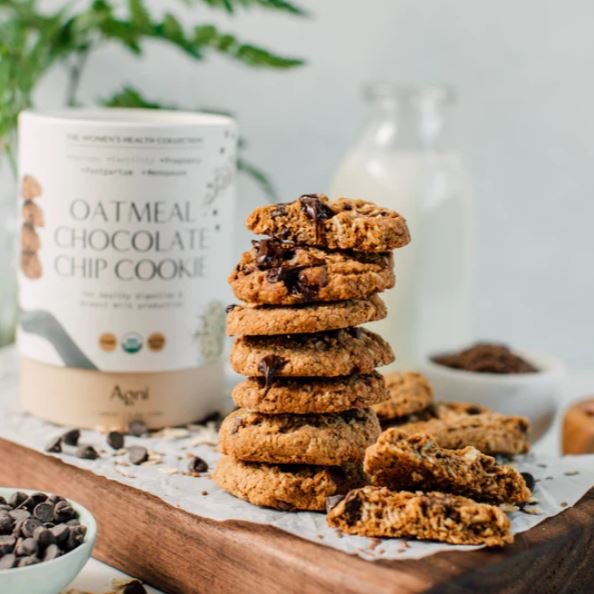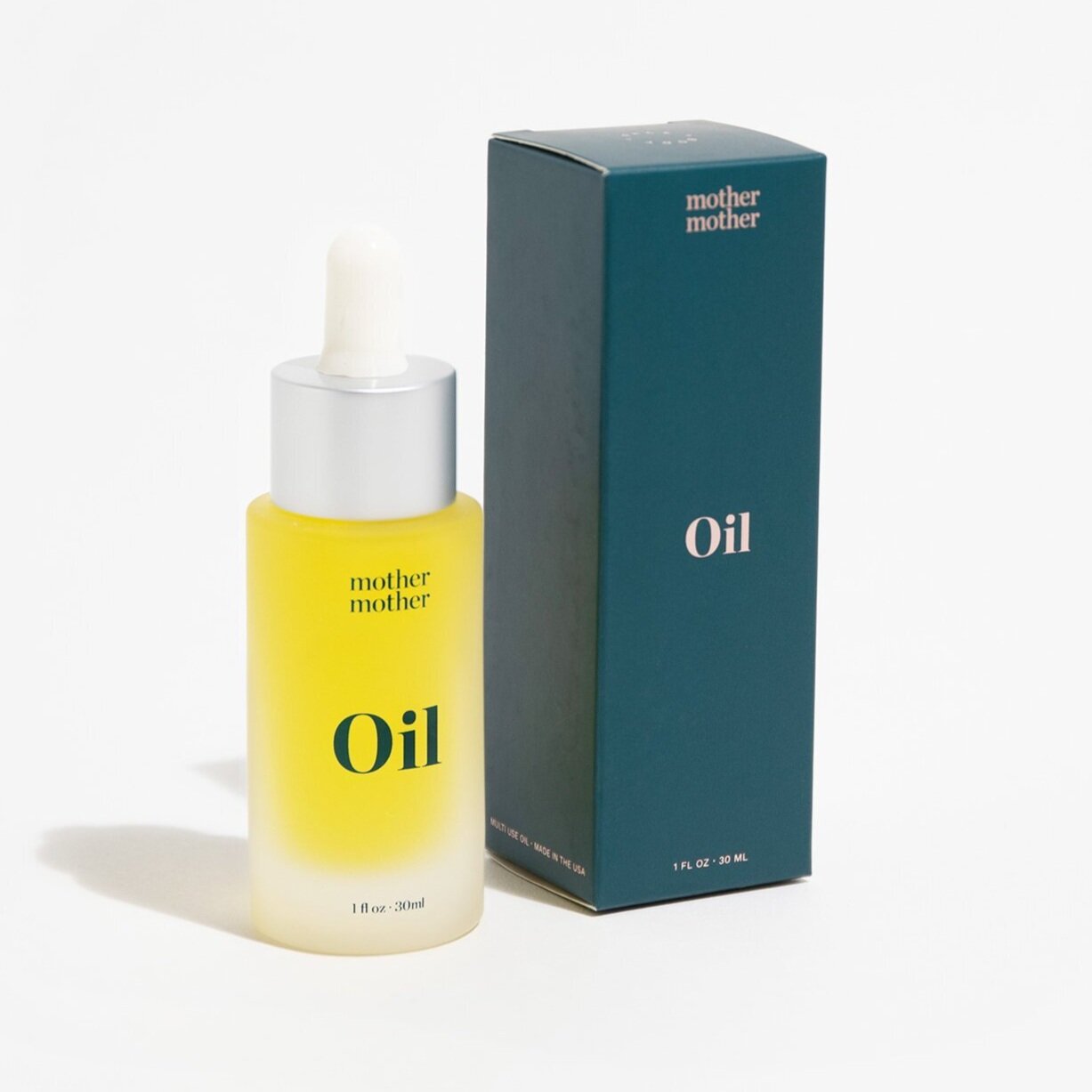Top Foods To Include To Enhance Postpartum Recovery
During pregnancy, we envision the first weeks postpartum to be filled with newborn snuggles, breastfeeding, and sure sleepless nights. But no one really prepares you for the physical changes that can leave you feeling like a stranger in your body for months. Most people don’t tell you that it’s going to hurt to walk and even sit, that going to the bathroom is a feat in and of itself, and that you may be bleeding and sore for weeks.
It can be hard to reconcile this reality with the expectations set by “bounce back” culture and societal pressures. The concept of “bouncing back” is ingrained in our minds and an imaginary clock seems to start to tick from the moment the cord is cut. It’s an egregious disservice to moms who often end up feeling inadequate when they aren’t immediately able to function at the high octane they were running at prior to baby.
It’s almost as if people are forgetting what just happened. As a recap, you just grew an entire human from cells, created a completely new organ (the placenta), multiplied your blood volume, stretched and expanded your muscles and skin, and then either underwent significant physical exertion or abdominal surgery (or both) to birth said human and placenta. No matter what kind of delivery you experienced, your body needs to undergo significant healing and repair.
There is no escaping the fact that postpartum recovery takes time. After all that your body just went through to create, sustain, and deliver this new life, we need to give space for that recovery.
However, that doesn’t mean that there aren’t things we can do to support this stage. There are absolutely some factors within our control that can enhance the recovery process.
To support healing, your body requires nutrients that become the building blocks for tissues. By focusing on a variety of nutrient-dense foods, we can provide the fuel needed for this intensive repair. I like to think of recovery nutrition like navigating with a GPS. Without it, you might still get where you want to go, but it’s likely not going to be the most efficient or effective route. A depleted body can take longer to heal which is why nutrition is so integral.
Some of the nutrients that we know are key for healing wounds and repairing tissues include protein, Vitamin A, Vitamin C, zinc, and iron. To optimize recovery, look to foods like the following that are rich these important nutrients:
Hemp seeds: These powerful little seeds are great for postpartum because you can use them to boost a variety of meals. They are a good source of zinc, non-heme iron, protein, and healthy fats. Sprinkle them in yogurt, smoothies, or avocado toast--or bake them in muffins or cookies (like Agni’s Oatmeal Chocolate Chip Cookies) for a delicious upgrade
2. Sweet potatoes: These tubers get their orange hue from beta-carotene which the body converts to the active form of Vitamin A, a critical nutrient for tissue repair. Prefer white potatoes? No problem! One medium white potato actually provides 70% of your daily needs for Vitamin C.
3. Chickpeas: A versatile legume that is also rich in key nutrients. It’s a good plant-based source of iron which is important to replenish with the increased blood loss postpartum. Iron is required to provide oxygen throughout the body which is needed for wound healing. Pair with a Vitamin C source like broccoli, oranges, or tomato sauce to boost absorption.
4. Oats: Oats provide an array of nutrients that are beneficial for new moms. In particular, they have a mix of soluble and insoluble fiber which both serve to make bowel movements easier and more regular which is an underappreciated component of postpartum recovery. It’s important to avoid straining--a common side effect of constipation—in order to avoid aggravating stitches or causing hemorrhoids. Eat them in classic oatmeal, or yummy cookies.
5. Bone Broth: Rich in amino acids like glycine which make up the collagen structure required for skin and tissue repair. Making soups with bone broth is an easy way to increase the protein and nutrient content of the soup.
6. Salmon: One of my favorite nutrient-packed protein sources. Including this omega-3 rich fish provides the fatty acids DHA and EPA which are key for lowering inflammation and supporting brain function and mood balance. It’s important to remember that mental health is just as important as physical health, especially postpartum. Canned salmon is a great option for a low maintenance and shelf-stable protein.
While food is not the whole picture, it can certainly help. Other important considerations to nurture your recovery include resting and assembling a support team.
The messages that we should be sending to new mothers should not be tips on how to lose the baby weight fast. Instead, we should be arming them with resources on how to replete the nutrients that have been depleted throughout pregnancy and are in high demand postpartum. Postpartum is a time for rebuilding nutrient reserves, fueling lactation, and supporting tissue repair. The early weeks should be spent physically and mentally recovering and adjusting to this new life stage…
…And of course, enjoying those newborn snuggles too.
Thank you so much to Alexandra Paetow MS, RD, CDN, Registered Dietitian and Postpartum Nutritionist for writing this helpful article about postpartum nutrition for Mamas!
other postpartum recovery essentials for mom
In addition to making sure you are getting all of the critical nutrients your body needs for recovery, you’ll also need a handful of “nitty gritty” essentials to help your body heal immediately after birth. We’ve rounded up our favorite postpartum care essentials below (which are the most luxe versions we could find in this not-so-luxe category of personal care!).







